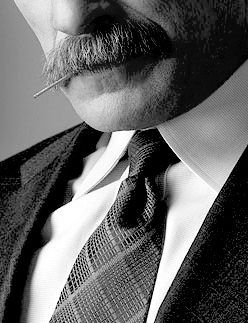Federal ICAC plan goes quiet
 The Prime Minister appears to have put aside plans to establish a federal anti-corruption watchdog.
The Prime Minister appears to have put aside plans to establish a federal anti-corruption watchdog.
Prime Minister Scott Morrison said this week that if he wins the upcoming election, he would only proceed with legislation for the federal watchdog if Labor passes the Coalition’s proposal without amendments.
A federal integrity body was one of Mr Morrison’s promises ahead of the 2019 election, saying at the time that he would introduce a bill to support the new body before the 46th parliament was prorogued. This did not occur.
Mr Morrison claims he did not break his 2019 election promise, saying he tabled the integrity commission proposal in the parliament. However, this was only an exposure draft, which is not the same as introducing finished legislation to the House of Representatives or the Senate for debate.
This week, the PM was asked whether he would put his proposal to a vote in the next parliament in the event the Coalition wins. He said that only “when the Labor party is prepared to support that legislation in that form, then we will proceed with it”.
Mr Morrison and his government appear to be suggesting that the legislation will only come up for debate with an undertaking that it will be passed by the opposition.
Labor and several independent candidates for seats in the upcoming election say they want a stronger model for the new watchdog.
The Centre for Public Integrity, an independent group led by former judges and anti-corruption experts, analysed the LNP’s planned integrity commission last year, and found it would be the “weakest watchdog” in the country in its proposed form.
The commission was slammed for lacking the ability to launch its own investigations, hold public hearings, issue public findings or examine breaches of ministerial standards. It was deemed unlikely to be able to begin investigations is the majority of cases, as it would be limited to only investigating a specific list of criminal offences.
“It would hide corruption, not expose it,” said Stephen Charles, QC, a former judge of the Victorian Court of Appeal and a director of the Centre for Public Integrity.
“It falls short of its state counterparts on almost every level. It is a breed of its own and does not deserve to be called a watchdog.”







 Print
Print